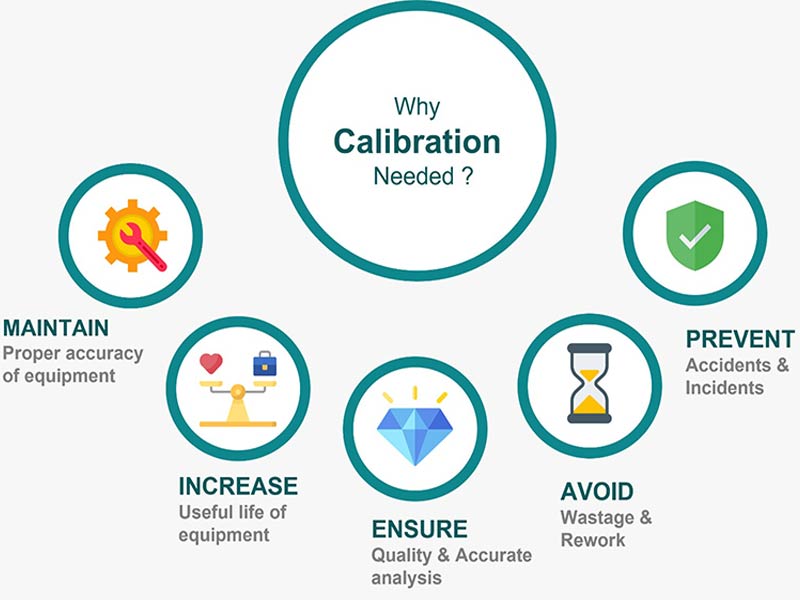Get In Touch
Call Now
+125 (895) 658 568
Quick Email
info.help@gmail.com
Office Address

In the complex and dynamic landscape of industries, where precision is not just a desire but a necessity, the role of calibration often stands silently in the background. Calibration is the process of fine-tuning and adjusting measurement instruments to ensure they provide accurate and reliable readings. While its impact might not always be immediately apparent, the significance of calibration cannot be overstated. Let’s delve into why calibration is an indispensable practice for any industry.
1. Ensuring Accuracy:
At the heart of calibration lies the pursuit of accuracy. Measurement instruments, whether they gauge temperature, pressure, dimensions, or any other parameter, are prone to wear, drift, and environmental changes over time. Calibration corrects these deviations, ensuring that the readings provided by instruments are as precise as possible. Inaccurate measurements can lead to faulty processes, compromised quality, and, in critical cases, safety hazards.
2. Compliance with Standards:
Industries operate within a framework of established standards and regulations. Calibration is often a mandatory requirement to comply with industry-specific standards, as well as international quality management systems like ISO 9001. Regular calibration not only helps meet regulatory requirements but also ensures that your processes align with the best practices of your industry.
3. Quality Assurance:
In industries where quality is non-negotiable, calibration becomes an integral part of quality assurance programs. Whether you are manufacturing products, conducting experiments, or offering services, calibrated instruments guarantee the consistency and reliability of your outputs. Quality assurance is not just a goal but a journey, and calibration paves the way for achieving and maintaining high-quality standards.
4. Cost Savings:
Calibration is an investment that pays dividends in the long run. Accurate measurements result in optimized processes, reduced waste, and increased efficiency. By identifying and correcting deviations early through regular calibration, businesses can avoid costly errors, minimize rework, and enhance overall operational efficiency.
5. Asset Longevity:
Instruments and equipment are valuable assets for any organization. Calibration not only ensures accurate measurements but also contributes to the longevity of these assets. Regular calibration prevents undue stress on components, reduces the risk of breakdowns, and extends the overall lifespan of instruments, ultimately protecting your investment.
6. Safety First:
In industries where safety is paramount, the importance of accurate measurements cannot be overstated. Calibration of safety-critical instruments, such as gas detectors, pressure gauges, and temperature sensors, is essential to ensure that they function reliably in critical situations, protecting both personnel and assets.
7. Trust and Credibility:
In a competitive market, trust and credibility are invaluable. Calibrating your instruments and displaying a commitment to precision sends a clear message to clients, partners, and regulatory bodies that your organization values accuracy, reliability, and professionalism.
In conclusion, calibration is not merely a routine maintenance task; it is a cornerstone of operational excellence. It safeguards accuracy, ensures compliance, enhances quality, saves costs, extends the life of assets, prioritizes safety, and builds trust. As industries continue to evolve and demand higher levels of precision, calibration emerges as the unseen hero, quietly but decisively contributing to the success and longevity of businesses across the globe.